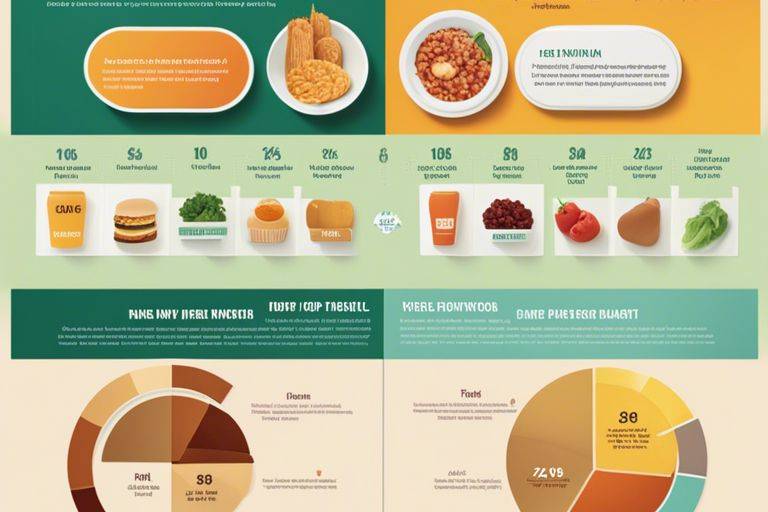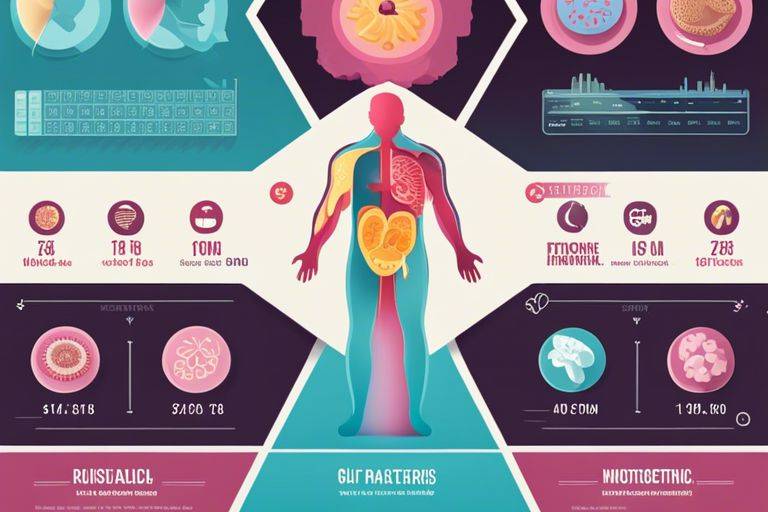There’s a crucial connection between what I eat and how it affects my gut health. With respect to processed foods versus whole foods, the choices I make can either harm or nurture my gut microbiome. Through this article, I’ll investigate into the impact of processed foods on my gut, highlighting the dangerous effects they can have on digestion and overall health. Stay tuned to discover the positive effects of whole foods and how they can support a healthy gut ecosystem.
Key Takeaways:
- Processed foods: Often contain additives, sugar, and unhealthy fats that can disrupt the balance of good bacteria in your gut.
- Whole foods: Provide crucial nutrients and fiber that promote a healthy gut microbiome.
- Processed foods: May lead to inflammation in the gut, causing digestive issues and a weakened immune system.
- Whole foods: Support the growth of beneficial bacteria, which can improve digestion and overall gut health.
- Processed foods: Are often low in fiber, which is important for gut motility and maintaining a diverse microbiome.
- Whole foods: Contain prebiotics that feed the good bacteria in your gut, promoting a balanced microbial environment.
- Processed foods: Have been associated with an increased risk of chronic diseases, while a diet rich in whole foods can help reduce inflammation and support overall health.
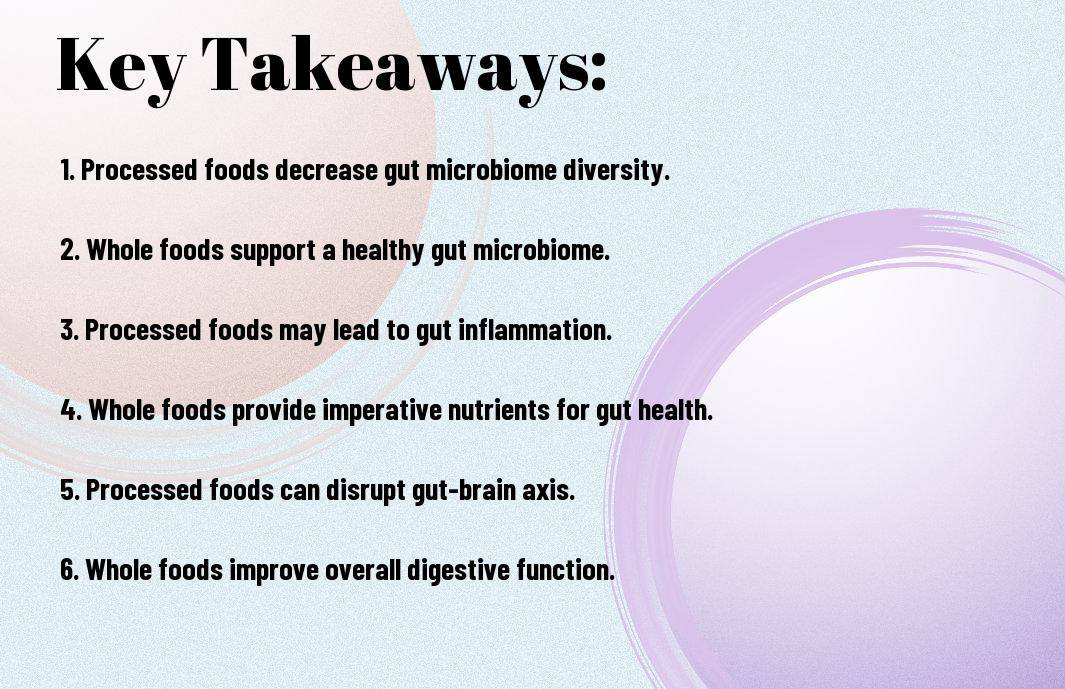
The Gut Microbiome
While How Ultra-Processed Foods Affect your Gut Microbiome explains the impact of processed foods on your gut, understanding the gut microbiome is crucial.
What is the Gut Microbiome?
With trillions of bacteria, fungi, and viruses, the gut microbiome plays a vital role in digestion, immunity, and overall health.
Importance of Gut Health
Importance of Gut Health
Health experts emphasize the importance of a diverse and balanced gut microbiome for digestive health, mental well-being, and immune function.
Processed Foods
Some How Ultra-Processed Foods Affect Your Gut
Definition and Examples
Any food that has been altered from its natural state through processing is considered processed. This includes foods high in sugar, salt, and unhealthy fats, as well as products with artificial additives and preservatives.
How Processed Foods Affect Gut Health
Foods high in processed sugars and unhealthy fats can disrupt the balance of good bacteria in your gut, leading to inflammation and digestive issues. This imbalance can weaken your immune system, making you more susceptible to infections and chronic diseases.
Common Additives and Preservatives
With the rise of convenience foods, many processed items contain artificial additives and preservatives to prolong shelf life and enhance flavor. These chemicals can disrupt the natural gut microbiota, leading to gut dysbiosis and potential health complications.
Whole Foods
Definition and Examples
For me, whole foods are foods that are in their natural state, unprocessed or minimally processed, and free from additives and artificial ingredients. Examples include fruits, vegetables, whole grains, nuts, seeds, and legumes.
Benefits of Whole Foods for Gut Health
Benefits of incorporating whole foods into your diet are immense for your gut health. These foods are rich in fiber, vitamins, minerals, and antioxidants that support a healthy digestive system and promote a diverse gut microbiome.
Health is further enhanced by the fact that whole foods contain prebiotics, which are vital for the growth of beneficial bacteria in the gut. By nourishing these good bacteria, you can improve digestion, boost immunity, and reduce inflammation in the gut.
Fermented Foods and Gut Health
Any discussion about whole foods and gut health would be incomplete without mentioning the benefits of fermented foods. Fermented foods like yogurt, kefir, sauerkraut, and kimchi are rich in probiotics, which are beneficial bacteria that promote a healthy gut microbiome.
Whole foods that are fermented not only provide probiotics but also enhance nutrient absorption and support a balanced gut environment. Adding a variety of fermented foods to your diet can help improve digestion, reduce bloating, and support overall gut health.
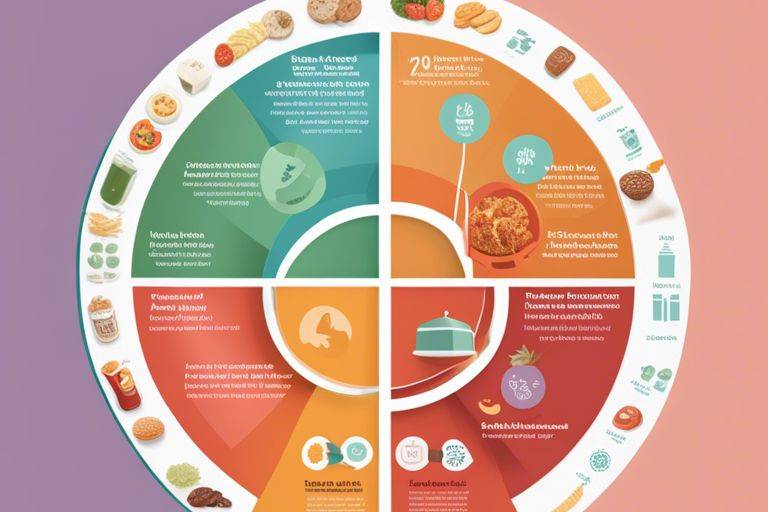
The Impact of Processed Foods on Gut Health
Disruption of Gut Bacteria
All processed foods can have negative effects on your gut health. Any food that has been highly processed and refined can disrupt the balance of good and bad bacteria in your gut, leading to digestive issues and overall compromised gut function.
Increased Inflammation
Processed foods are often loaded with unhealthy fats, sugars, and additives that can trigger inflammation in the body. One of the main consequences of consuming too many processed foods is the increased inflammation throughout your body, including your gut.
This inflammation can contribute to various health problems like obesity, heart disease, and digestive issues. This chronic inflammation can also disrupt the delicate balance of your gut microbiome, further impacting your overall gut health.
Impaired Nutrient Absorption
Processed foods are often stripped of their natural nutrients during manufacturing and then fortified with synthetic vitamins and minerals. One of the dangers of relying on processed foods is the impaired nutrient absorption in your gut due to the lack of natural, whole nutrients found in these foods.
Impact: Choose whole, unprocessed foods whenever possible to support a healthy gut microbiome and overall well-being.
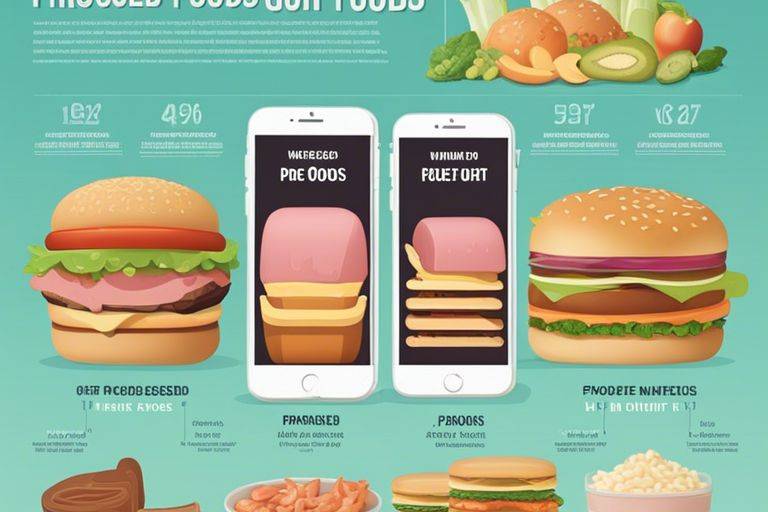
The Benefits of Whole Foods for Gut Health
Promotion of Beneficial Bacteria
To truly nourish your gut, you need to feed the good bacteria that live there. Whole foods like fruits, vegetables, whole grains, and legumes are rich in fiber, prebiotics, and probiotics that help promote the growth of beneficial bacteria in your gut. These microorganisms play a crucial role in digestion, immunity, and overall well-being.
Reduced Inflammation
To reduce inflammation in your gut, opt for whole foods over processed ones. Processed foods often contain high levels of sugar, unhealthy fats, and artificial additives that can trigger inflammation in the body. On the other hand, whole foods are packed with antioxidants, phytonutrients, and anti-inflammatory compounds that help soothe and heal the gut lining.
Inflammation in the gut can lead to a host of health issues, including IBS, Crohn’s disease, and leaky gut syndrome. By choosing whole foods that are anti-inflammatory in nature, you can help reduce gut inflammation and support overall gut health.
Improved Nutrient Absorption
Whole foods are not only easier on your gut but also enhance nutrient absorption. The variety of vitamins, minerals, and antioxidants found in whole foods work synergistically to improve the absorption of crucial nutrients in your gut. When your body can effectively absorb these nutrients, it can function optimally and maintain a healthy balance within your gut microbiome.
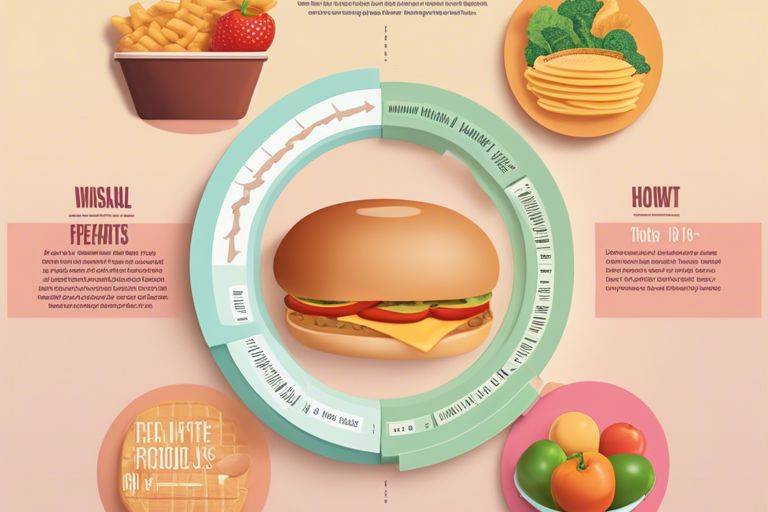
Making the Switch
Gradual Changes to Your Diet
Many people find it easier to transition to a whole foods diet gradually. Start by substituting processed snacks with fresh fruits or nuts. Over time, replace processed foods with whole grains and lean proteins to help your gut adjust to the change.
Meal Planning and Prep Tips
Meal planning and prep can make a huge difference in sticking to a whole foods diet. Start by incorporating colorful vegetables, legumes, and healthy fats into your meals. This will not only keep your meals varied and nutritious but will also help you avoid reaching for processed foods when you’re short on time.
- Include a variety of colorful fruits and vegetables
- Batch cook grains and proteins for easy meal assembly
- Prepare snacks like cut veggies or trail mix to grab on the go
Though meal planning may require some initial effort, the benefits to your health are well worth it.
Overcoming Cravings and Challenges
To overcome cravings and challenges when making the switch to whole foods, start by identifying triggers that lead you to reach for processed foods. Replace those unhealthy options with whole food alternatives that satisfy your cravings. For instance, instead of reaching for a sugary cereal in the morning, opt for a bowl of oatmeal topped with fresh berries. By gradually swapping out processed foods for whole foods, you’ll notice a positive impact on your gut health and overall well-being.
Summing up
Processed Foods vs. Whole Foods – Impact on Your Gut has shed light on the significant role that our food choices play in maintaining a healthy gut. By opting for whole foods over processed ones, you can nourish your microbiome and support overall gut health. Be mindful of, the key to a happy gut lies in consuming a variety of whole, nutrient-dense foods that will keep your gut thriving and your body in balance.
FAQ
Q: What are processed foods?
A: Processed foods are foods that have been altered from their natural state through methods such as canning, freezing, or adding preservatives for longer shelf life.
Q: What are whole foods?
A: Whole foods are foods that are in their natural state and have not been processed or refined. They are typically nutrient-dense and contain all the vital nutrients our bodies need.
Q: How do processed foods impact your gut health?
A: Processed foods can negatively impact gut health as they are often high in added sugars, unhealthy fats, and artificial ingredients that can disrupt the balance of beneficial bacteria in the gut.
Q: How do whole foods impact your gut health?
A: Whole foods can positively impact gut health as they are rich in fiber, vitamins, minerals, and antioxidants that support a healthy gut microbiome and promote overall digestive health.
Q: Are processed foods linked to digestive issues?
A: Yes, processed foods have been linked to digestive issues such as bloating, constipation, and an imbalance of gut bacteria due to their high sugar, fat, and chemical content.
Q: How can I improve my gut health with whole foods?
A: You can improve your gut health by incorporating more whole foods like fruits, vegetables, whole grains, and lean proteins into your diet. These foods provide vital nutrients and fiber that support a healthy gut microbiome.
Q: What are some examples of processed foods to avoid for better gut health?
A: Examples of processed foods to avoid for better gut health include sugary snacks, fast food, processed meats, sugary drinks, and refined grains like white bread and pasta.
